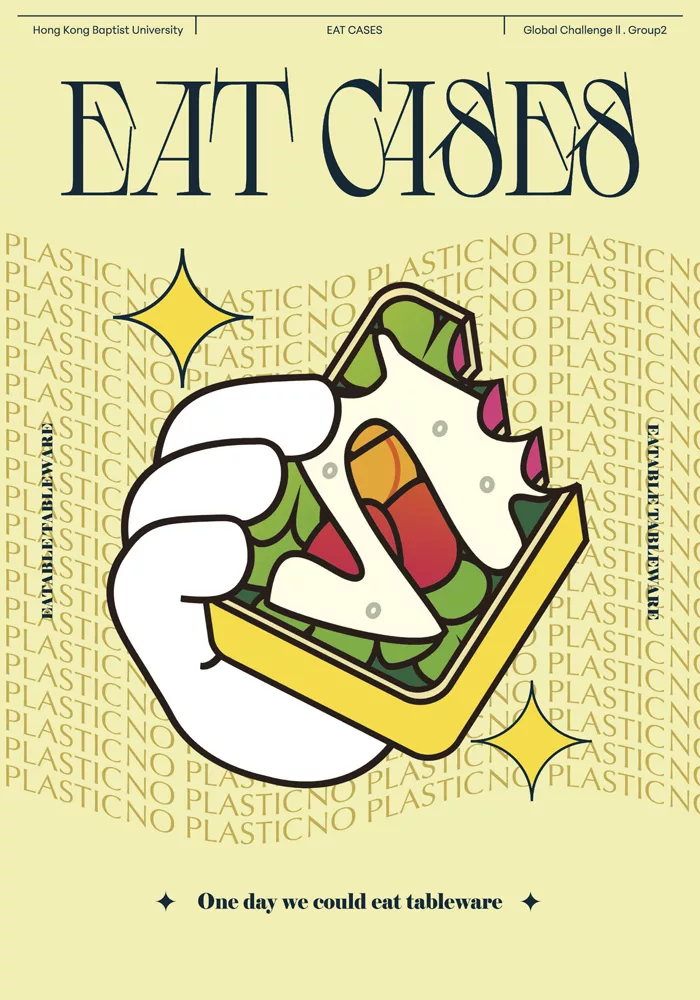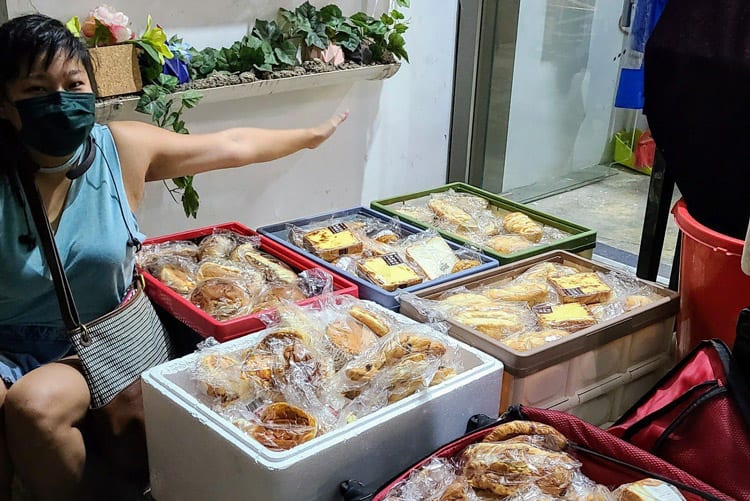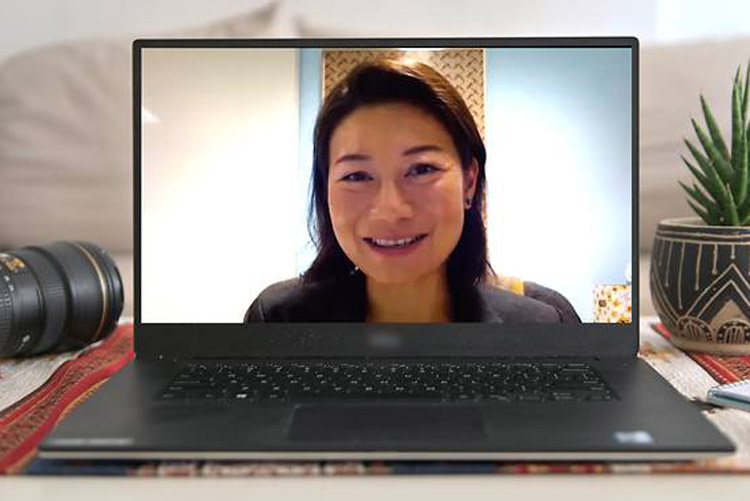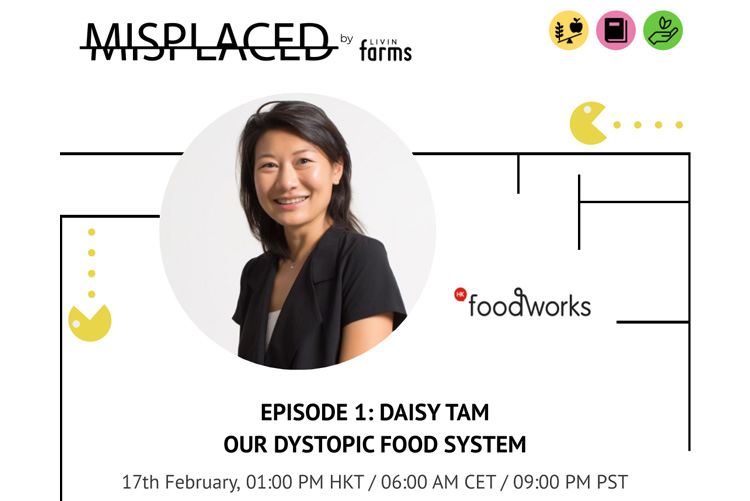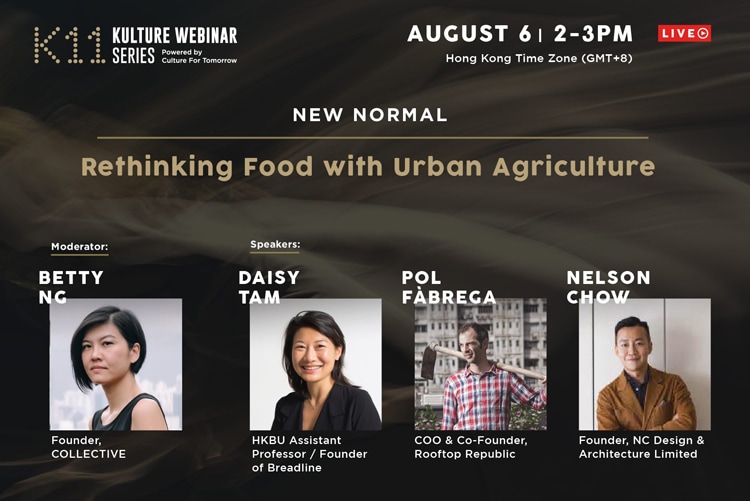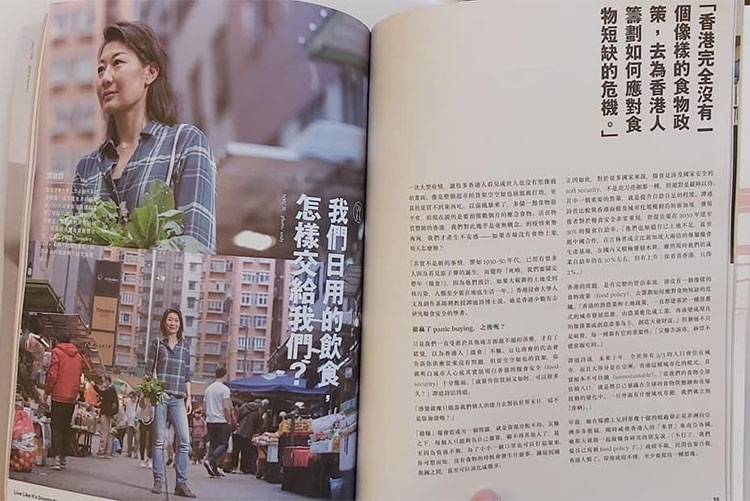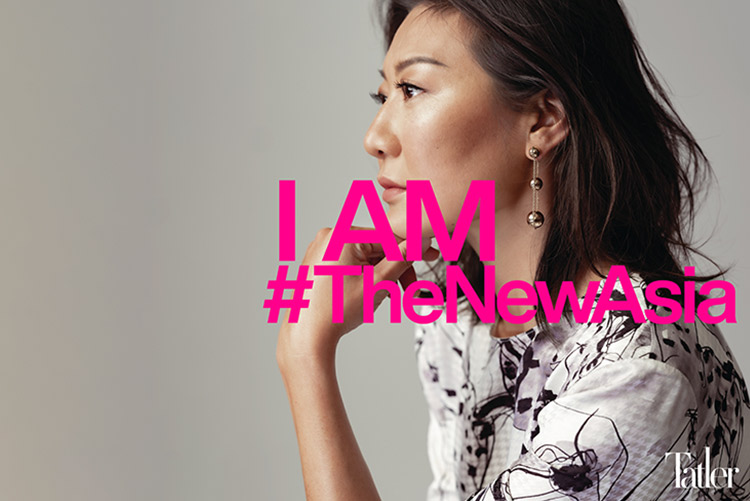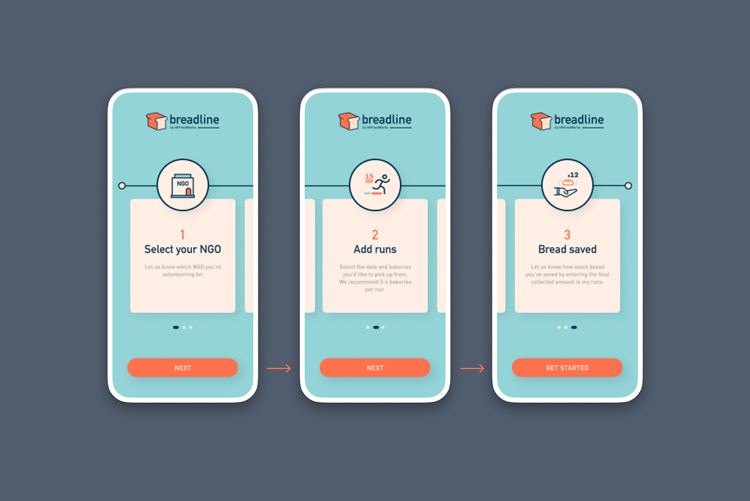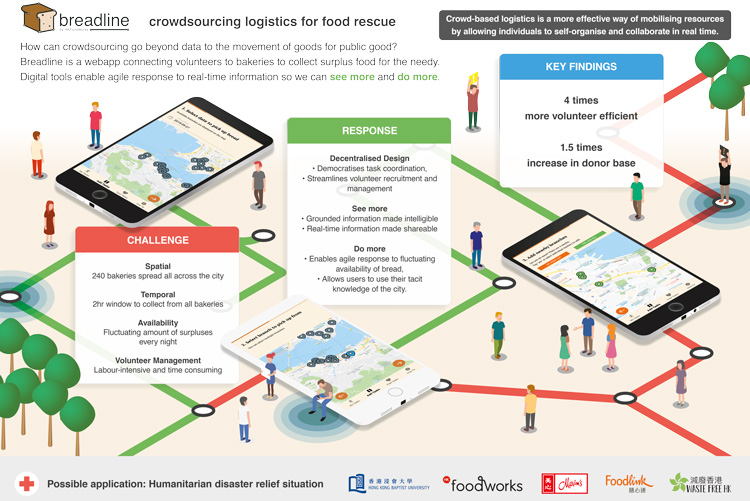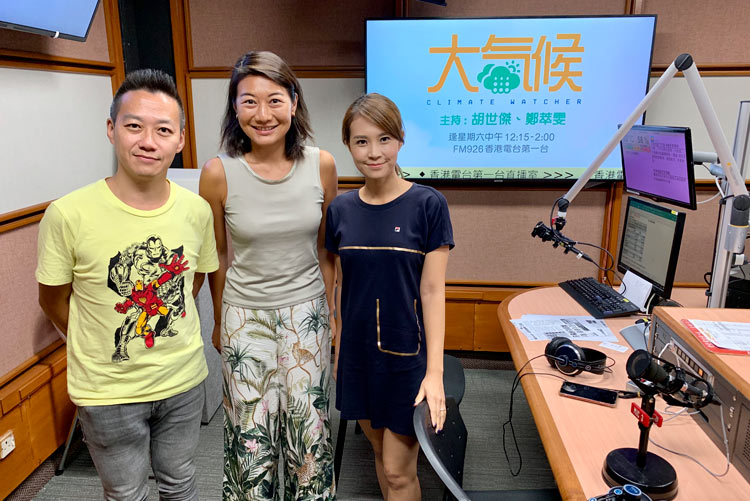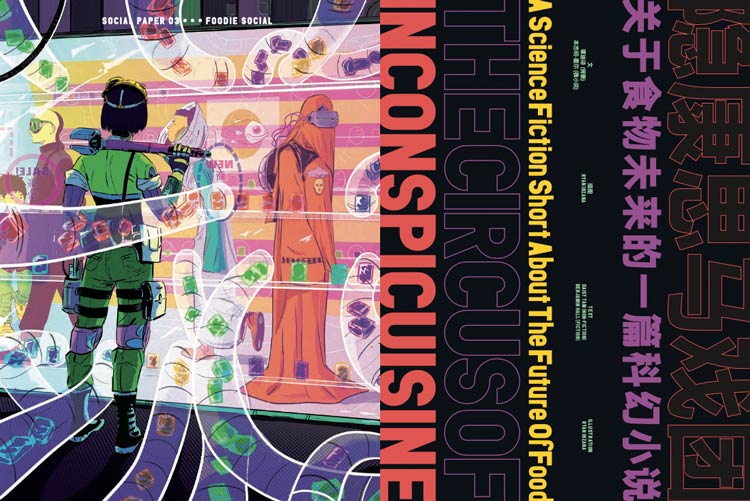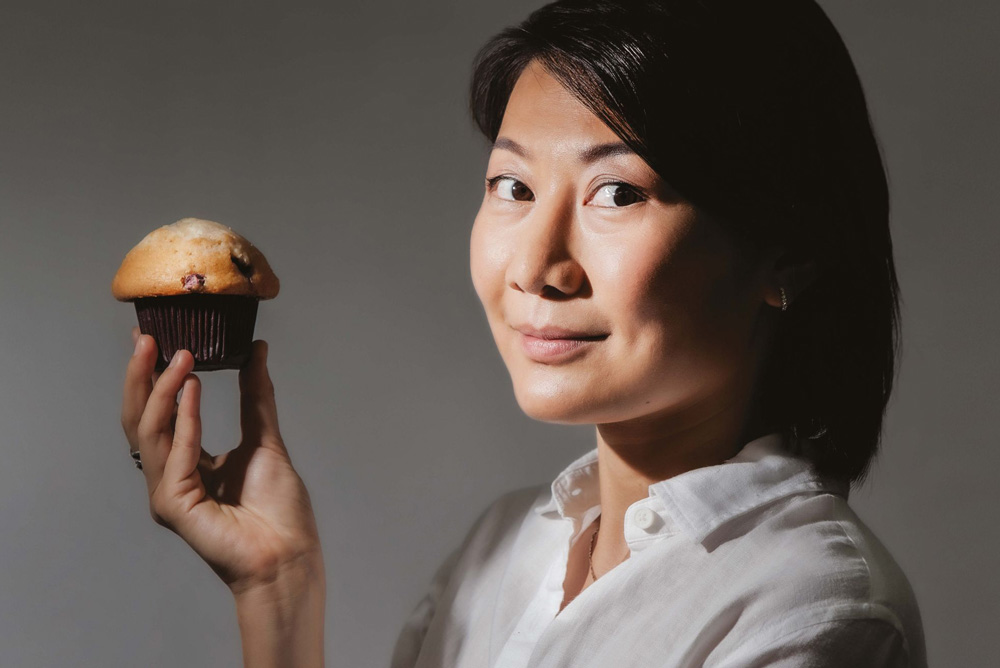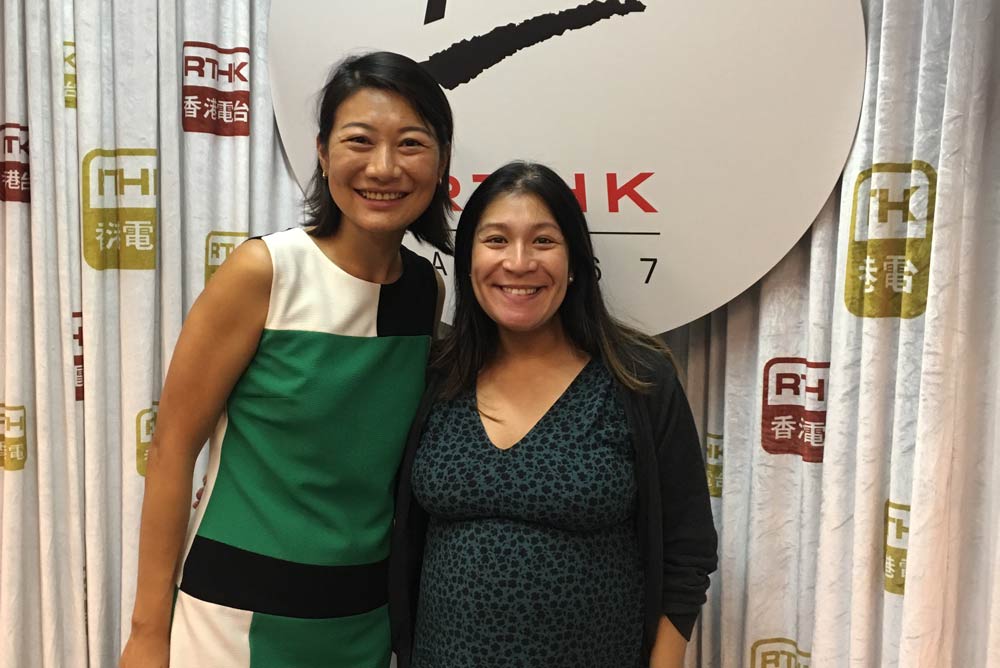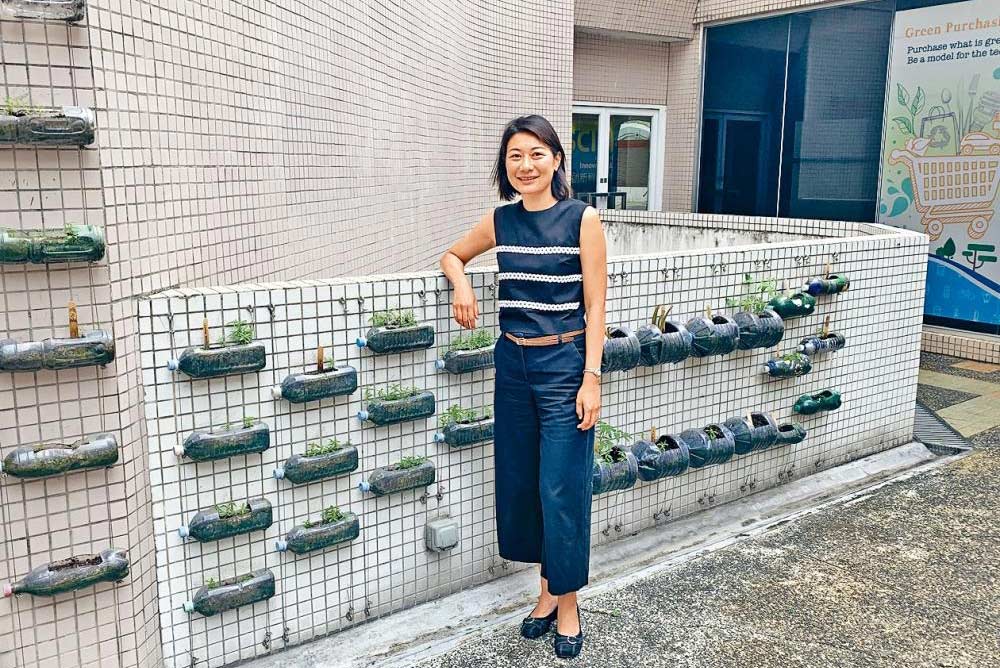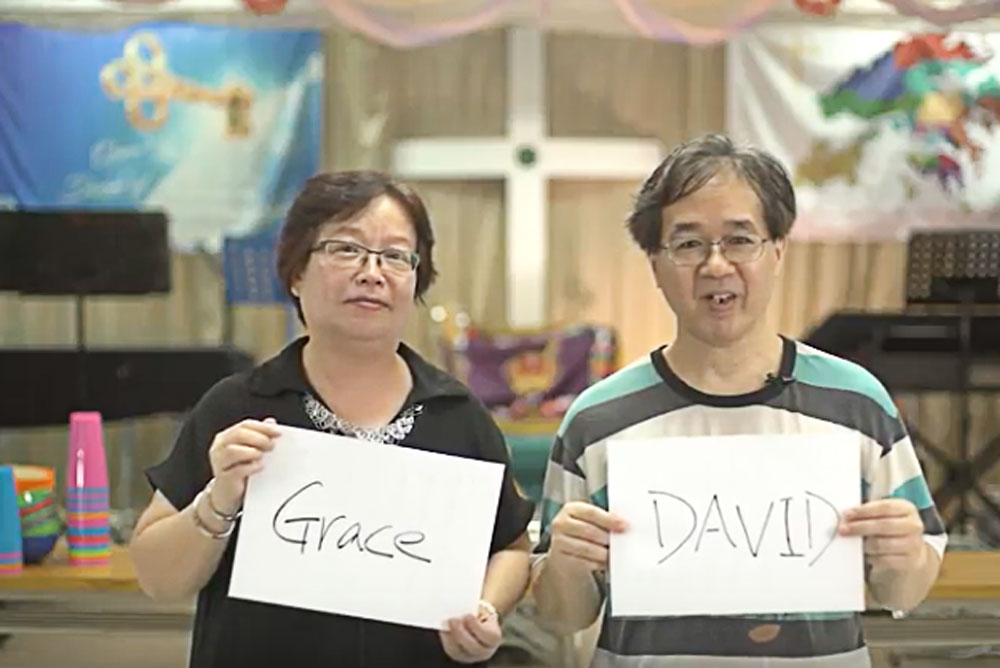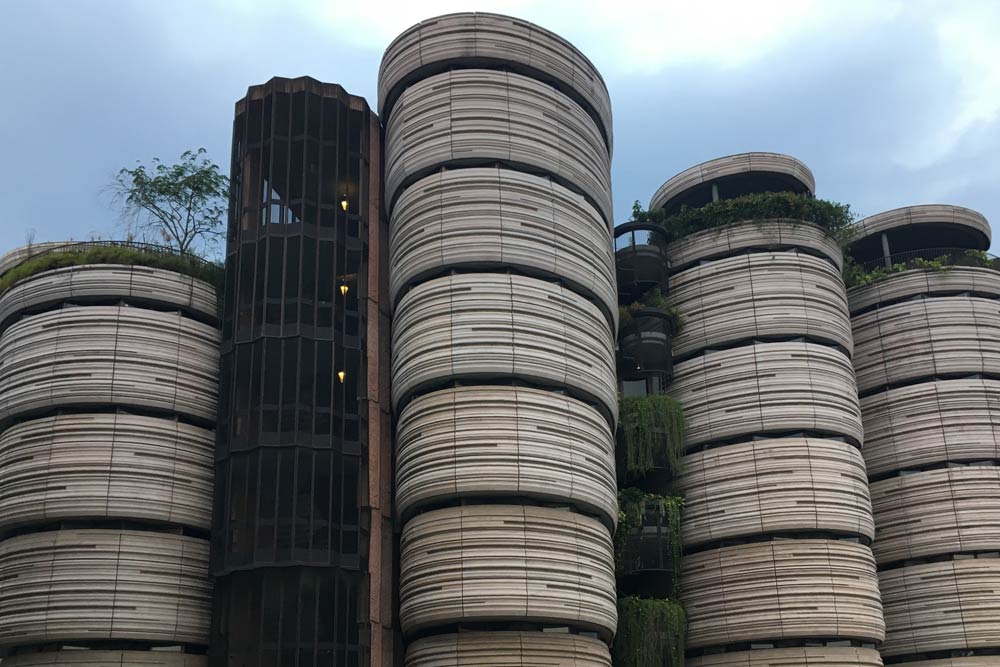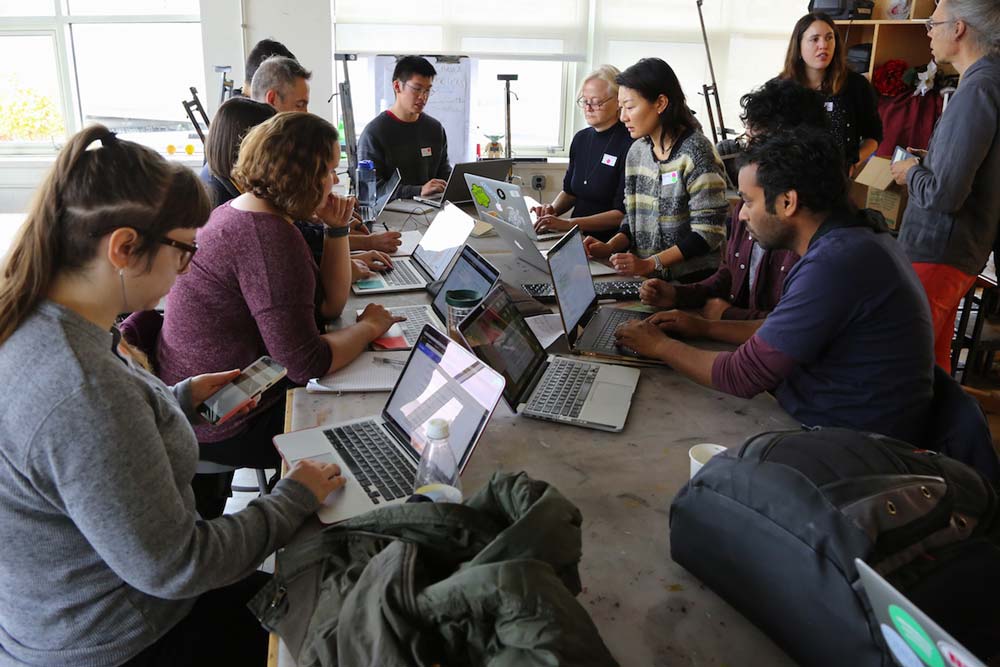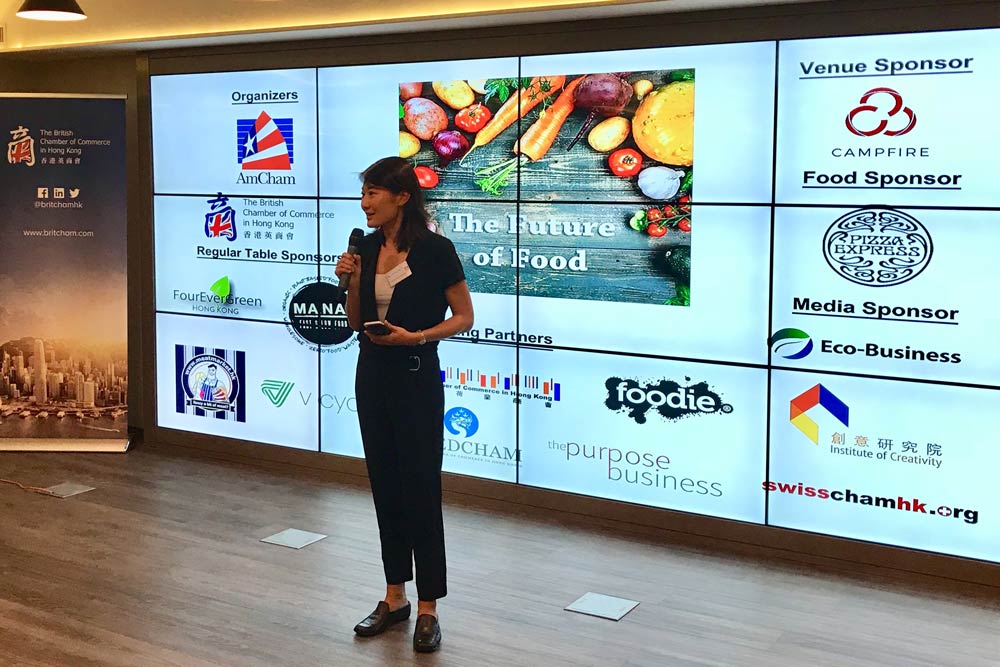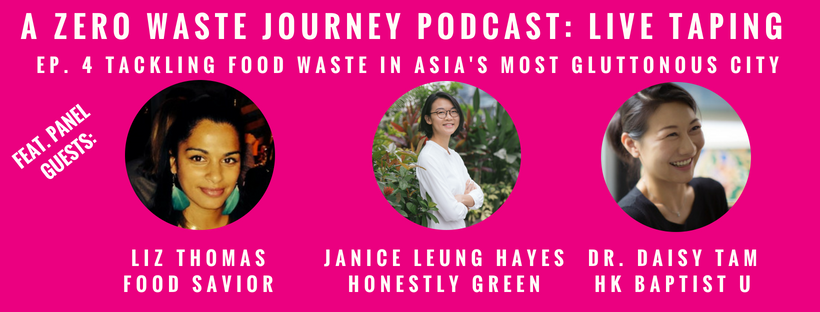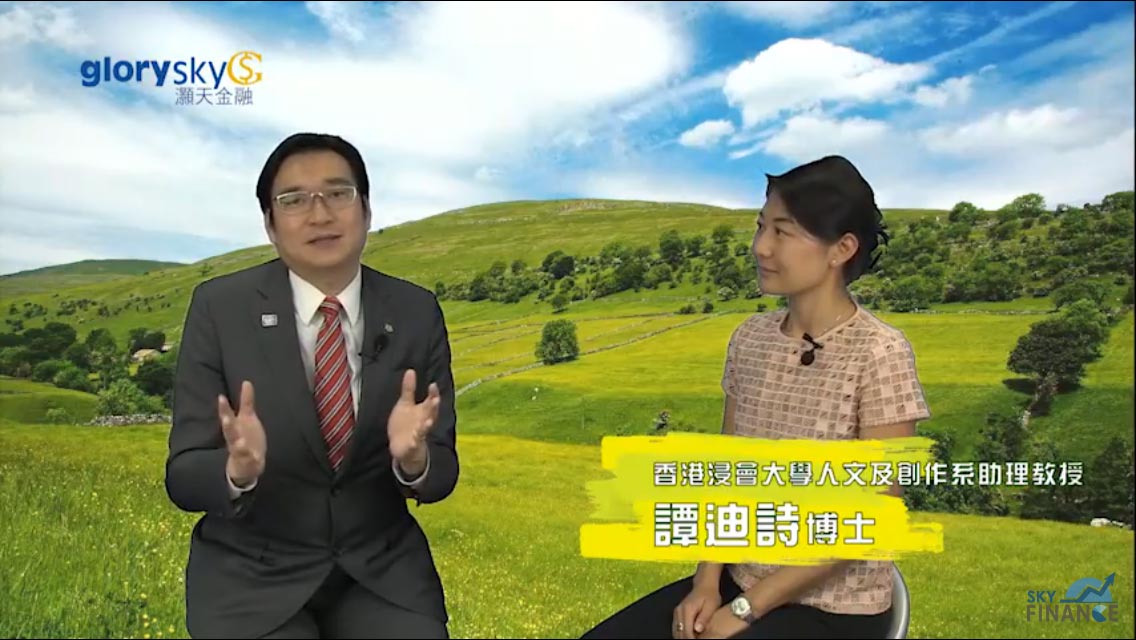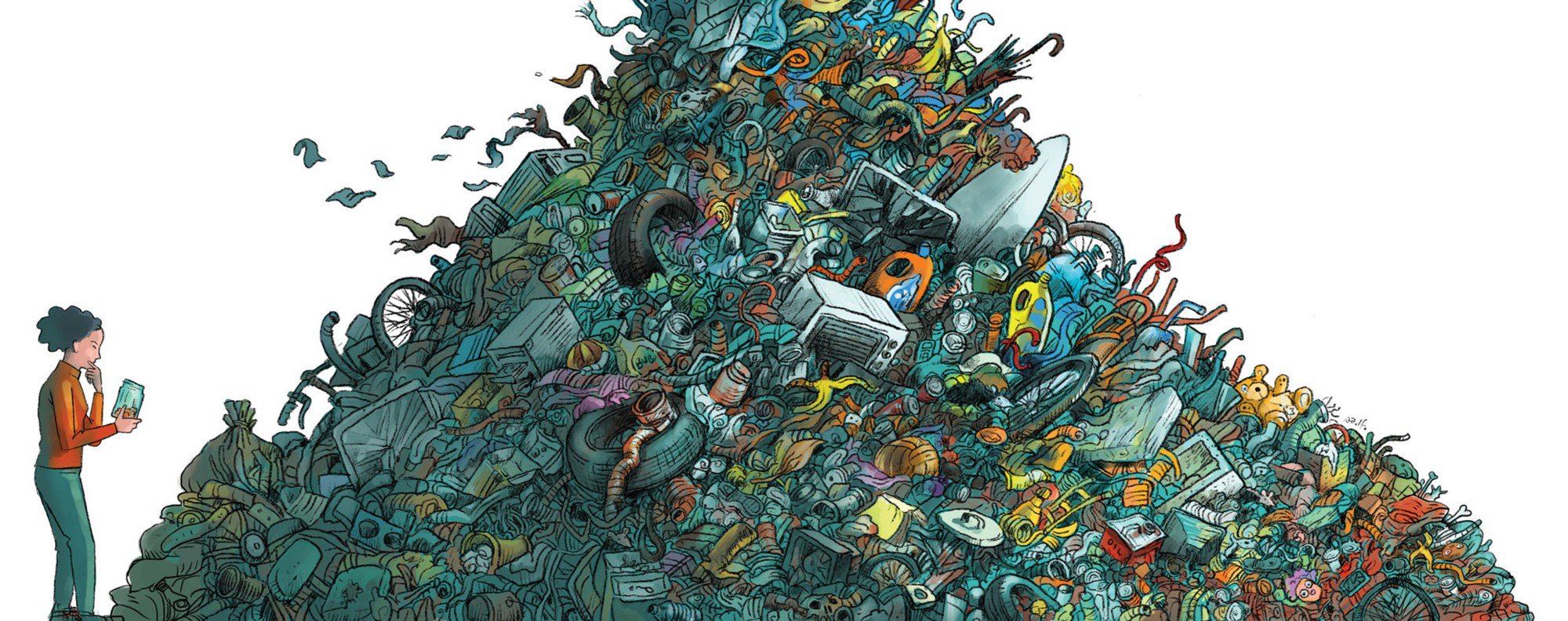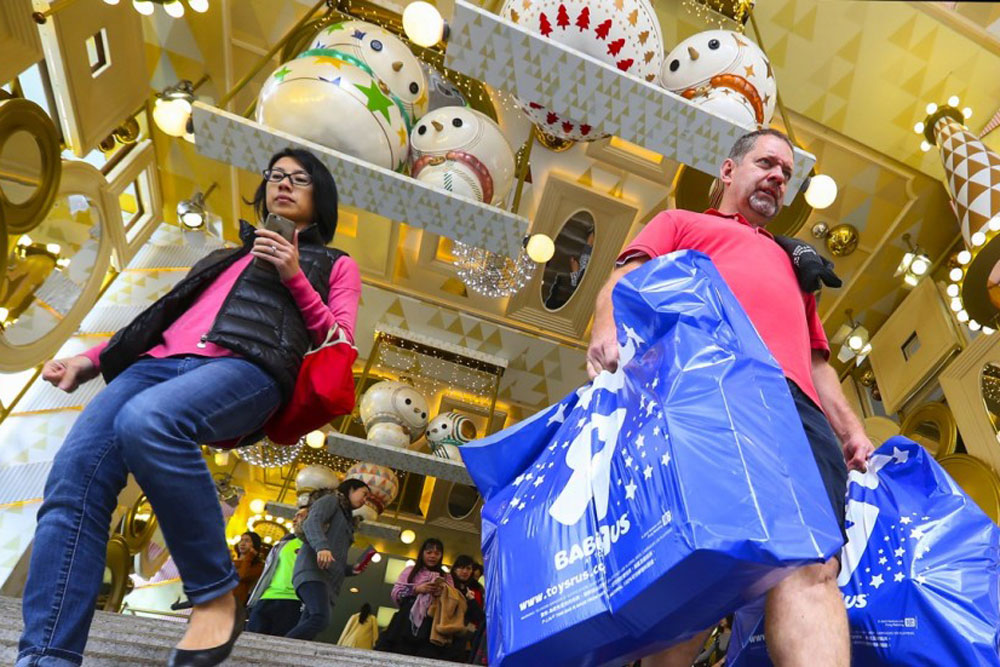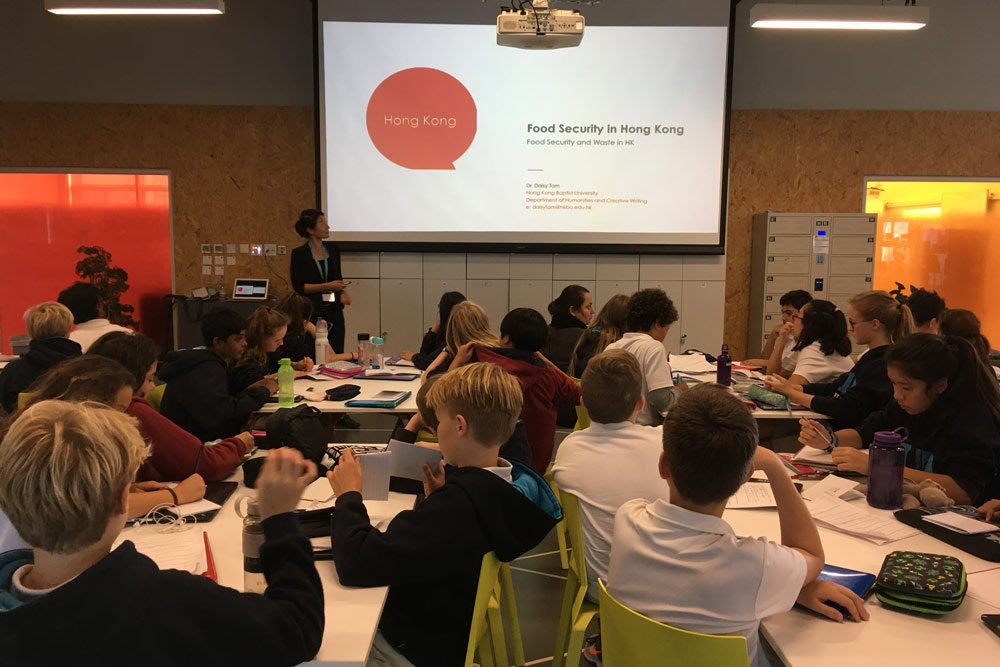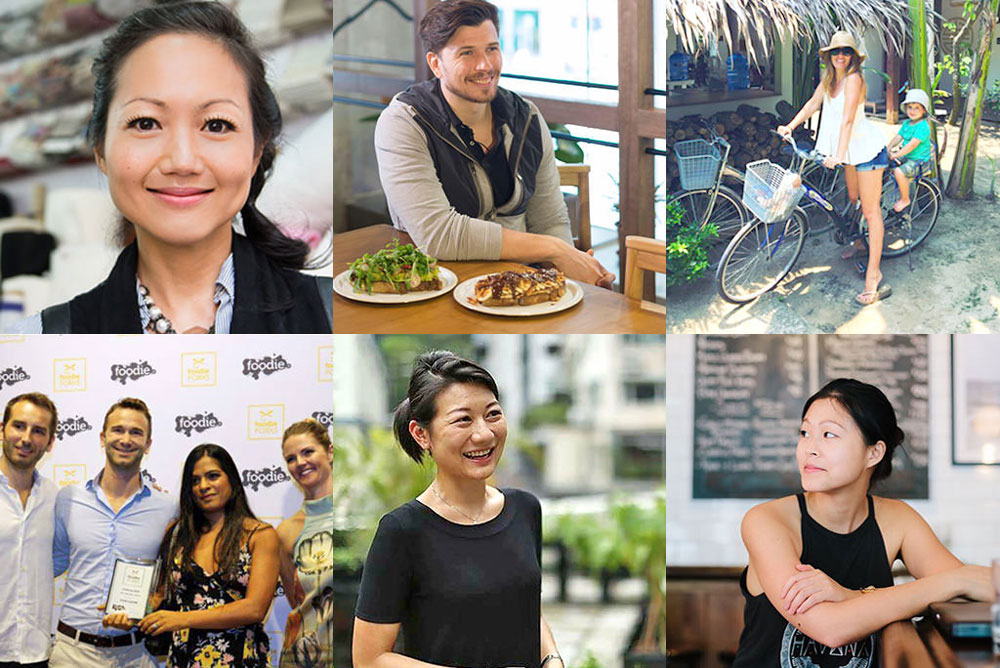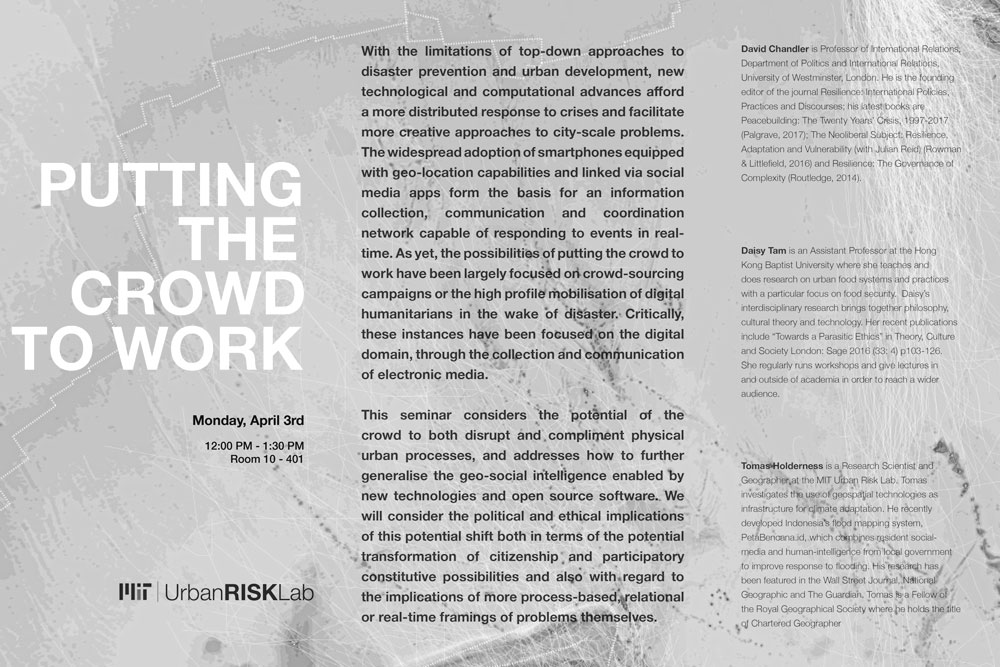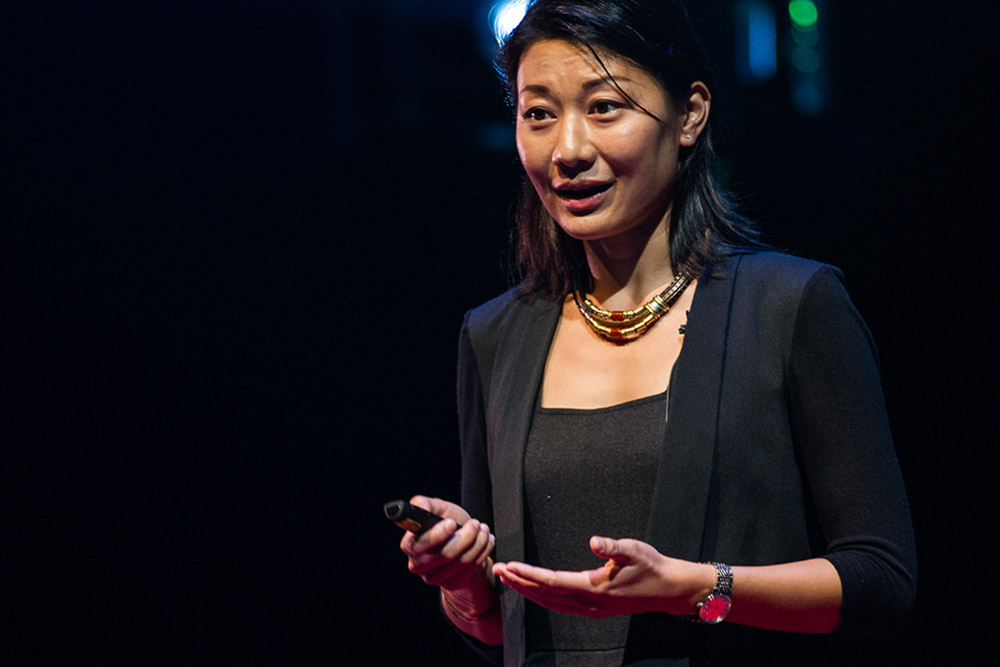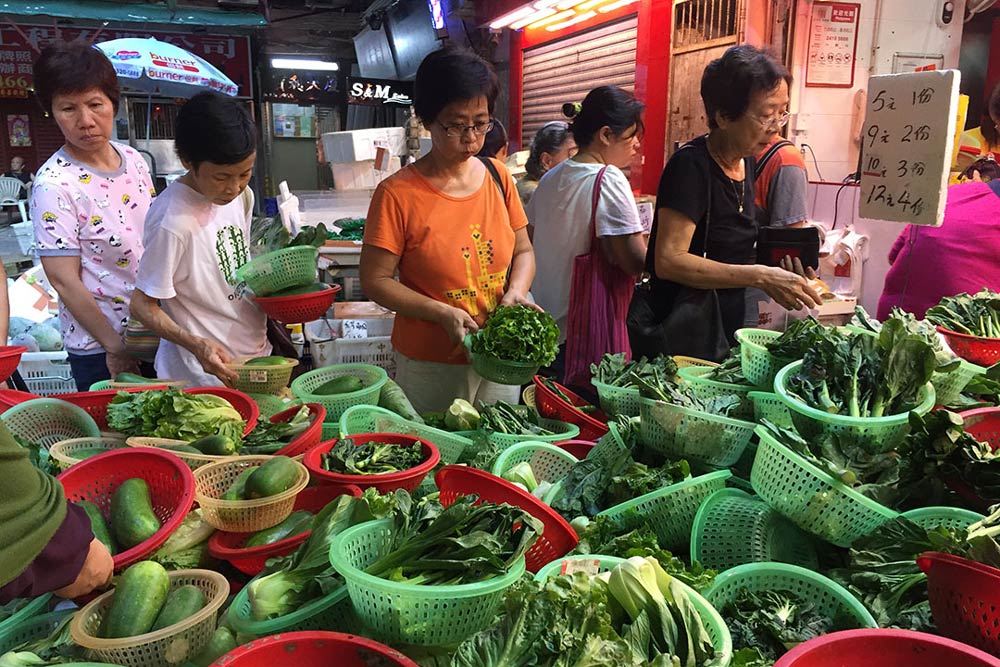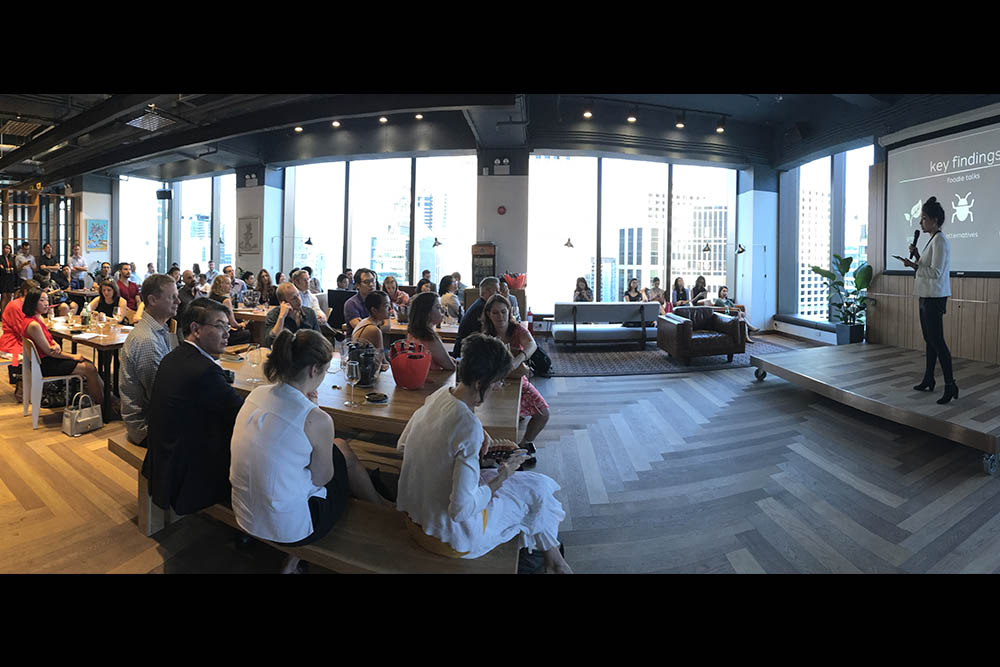Topic: Food Waste
listing all news related to "Food Waste"
Finally, throwing away food is bad for the environment and a waste of the natural resources that went into its...
The story of breadline is about food rescue and what happens to food when it can no longer be sold...
How do you design technology for good? Breadline is not only a webapp that collects surplus food for the poor,...
Food waste is a global issue, but for Asian cities like Singapore and Hong Kong, the majority of the waste...
Our dystopic food system produces both both hunger and excess, a logic so contradictory that seems only possible in dystopic...
In every crisis there is an opportunity, and now is the time to rethink what living could mean if we...
Pushing my trolley around the supermarkets’ empty shelves a few months ago – I couldn’t help but replay the scene...
So proud to see Breadline featured alongside other innovative projects selected to represent the New Asia in Tatler’s launch issue....
Breadline is Hong Kong’s first crowdsourced food rescue web app that connects donors with volunteers and charities so surplus food...
The future of food is tied to the future of our cities. In this interview on RTHK, I framed the...
Breadline was featured at Nesta’s conference held in London this year. My research “Networked Intelligent Actions – crowdsourcing food rescue”...
An opportunity to discuss the step-by-step logistical issues of food rescue and my web application Breadline on RTHK Radio 1...
Science fiction seems like a logical place to explore the future of food. How are we going to feed the...
Breadline has been chosen by Tatler as one of the five innovative ideas on sustainability in Hong Kong, and thanks...
In this interview with Noreen Mir, we chatted about my latest work Breadline – what it is, how it works...
Breadline makes its debut! This is the first crowdsourcing food rescue web application in Hong Kong that connects donors with...
In my talks, I have often spoken of the benefits of food donation or food rescue. In this video, I...
Hong Kong and Singapore are often considered twin cities on the global stage – it is similar in terms of...
What did you say? A hackathon on food security and resilience? How could I not jump at the opportunity to...
As part of the Better Business Innovation Series, the American and British Chamber of Commerce brought together key players in...
A wonderful occasion to discuss LIVE on air on the effects of food waste in the city. My position has...
A morning ramble on RTHK’s BackChat programme to share my thoughts on food waste recycling. I’m calling on industries to...
An opportunity to discuss the state of Hong Kong’s urban food system. How do we begin to build a stronger,...
Featured as one of six women leaders of Hong Kong’s “zero-waste” movement. I spoke to Lauren James about my research...
I gave an interview in English for the Solvak journal Kapital which published an issue on waste earlier this year...
Speaking to a packed room of students at City University was a great way to kick start 2018! Introducing students...
The festive season is a time of celebration, and unfortunately also a time of excess. As Christmas draws near, Laurie...
As part of the Interdisciplinary Unit of their IB curriculum, this group of Grade 7s from Hong Kong Academy spent...
The Zurich University of the Arts hosted a talk series on the topic of Ecologies: Matters of Coexistence for their...
A one-day event that brought together practitioners and entrepreneurs who are keen to change the way we eat. My panel...
Featured in Green Queen as one of the Zero Heroes, I talked to Jenny Star Lor about the beginnings of...
This has been a long-awaited workshop. Taking place in the prestigious Massachusetts Institute of Technology (MIT) in Boston, this seminar...
An opportunity to speak to an audience of 1200 at the Academy of Performing Arts – the largest Tedx event...
In this opinion piece (Initium), I was invited to write about my research on Hong Kong’s food system. Framing the...
As part of the month long event aimed at using technology to tackle food waste in the F&B sector in...

